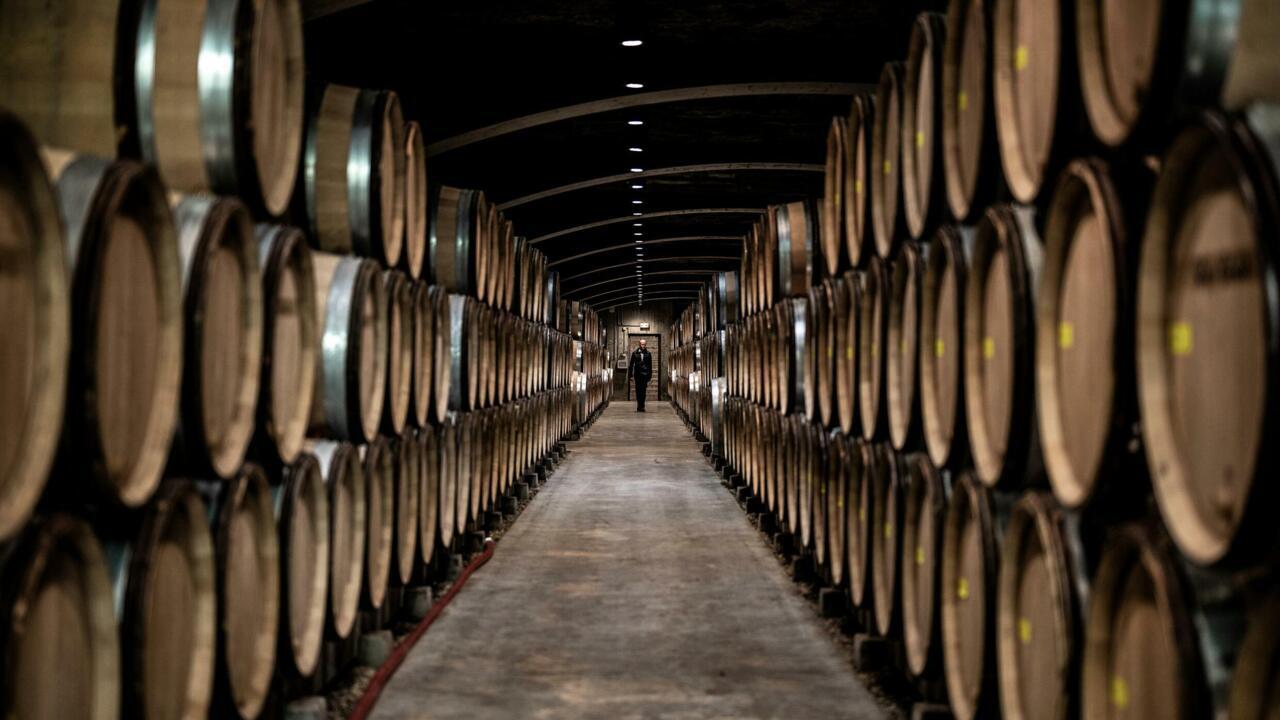Paris (AFP)
2021 will be a painful vintage for French viticulture: wine production will be at a "historically low" level due to a severe episode of spring frost, which also decimated the fruit harvest.
French wine production is expected to fall from 24% to 30% in 2021, a level not seen in 45 years, the French Ministry of Agriculture announced on Friday.
The April frost also seriously affected French fruit trees, in particular apricots, whose 2021 harvest should be halved, compared to the 2016-2020 average, according to estimates as of August 1 by the statistics service of the ministry, Agreste. .
It would be the worst harvest in 42 years.
Almost all of the French wine-growing areas had suffered several consecutive nights of frost in the first half of April, when the vines had already started to bud due to a mild winter.
Farmers had tried to save their vines with braziers, candles or other techniques, often in vain.
The "biggest agronomic disaster of the beginning of the century", announced the French Minister of Agriculture.
To make matters worse, the wine harvest should also be affected by vine diseases such as powdery mildew and mildew, favored by the rainy summer weather.
It should be between 32.6 million and 35.6 million hectoliters, according to Agreste.
This is in line with the estimates put forward in April by the wine industry.
"Wine production in 2021 is forecast to be historically low, lower than those of 1991 and 2017, also affected by a severe frost in spring," notes Agreste.
"For now, the yield would be close to that of 1977, the year when the wine harvest was reduced by a destructive frost and summer precipitation," he added.
- Losses not compensated by the rise in prices -
Regarding apricots, the 2021 production is estimated at 56,000 tonnes, down 35% over one year and 54% compared to the five-year average, which refers to agriculture.
Pierre-Marie Luneau maintains braziers to protect his vines at the Luneau-Papin estate in Landreau, near Nantes, April 12, 2021 Sebastien SALOM-GOMIS AFP
In this context, "the national turnover [of the apricot sector] would fall by a third, a consequence of the fall in production, despite the rise in prices".
In July, demand remained modest "due to a cool and rainy climate".
The offer being very small, "the market is nevertheless fluid and stocks are low", adds Agreste.
As for the European apricot harvest, "also affected by episodes of frost", it promises to be "the weakest for at least 30 years".
Prime Minister Jean Castex announced in the wake of the freeze a cumulative total of one billion euros in aid for affected arborists and winegrowers.
The episode also revived discussions on the overhaul of crop insurance, considered increasingly urgent in the face of the proliferation of extreme weather events.
A reform will be presented "at the start of the school year", recently indicated the Ministry of Agriculture.
The April frosts followed a period of great mildness that favored the budding of crops, and the question of a possible link with climate change was quickly raised.
For scientists at the international World Weather Attribution network, there is little doubt that the likelihood of a late frost has been significantly increased by climate change and will be even more so in the future.
© 2021 AFP

